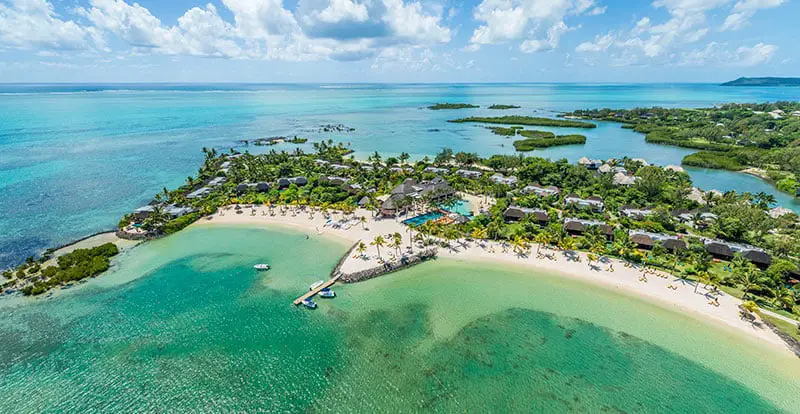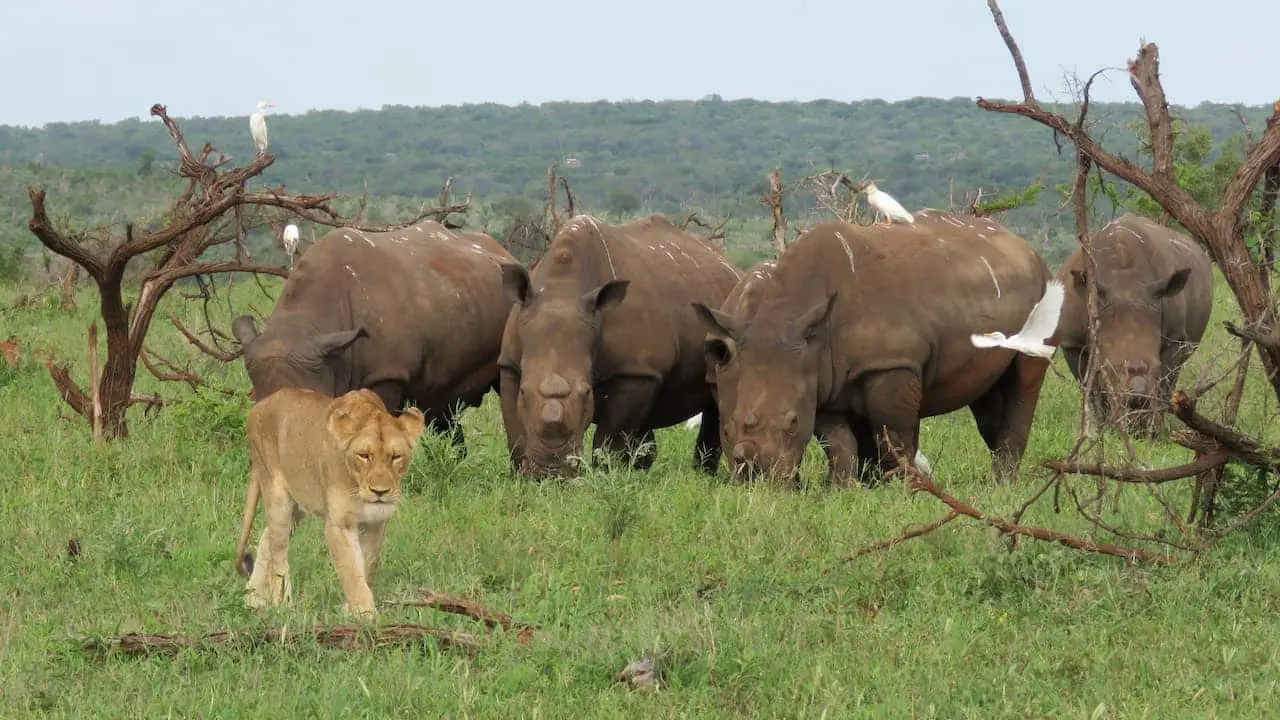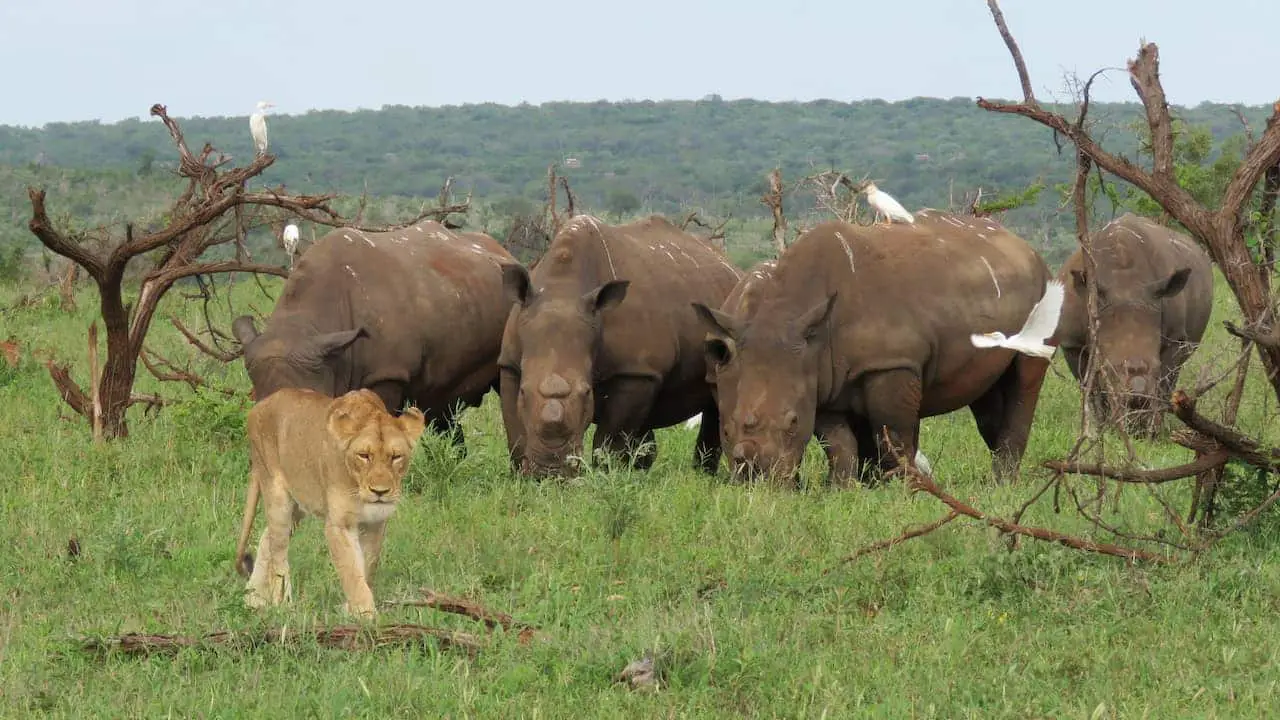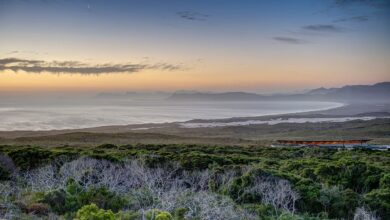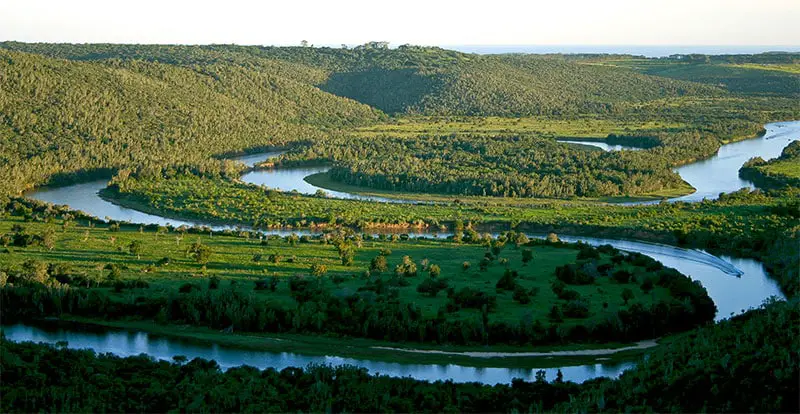Conscious Conferencing Tips
Spier Wine Farm (outside Stellenbosch) has implemented numerous initiatives to reduce the carbon footprint of their conferencing facilities, from careful recycling and consistently making sure the area is waste-free, to water conservation technology and training staff in the ways of being eco-friendly.
There’s a surge in international travellers looking for sustainable hotels, conference centres, tour experiences and wedding options, tracking down accommodation that has the highest green credentials.
Business travellers are also increasingly mindful of the impact their travel has on our environment. With a strong sense of contributing to saving the planet, they are calling for conference organisers to up their game.
Realising that conference organisers need to quickly locate facilities for green meetings, Spier has implemented a number of initiatives to reduce its carbon footprint; from careful recycling and consistently making sure the area is waste-free, to water conservation technology and training staff in the ways of being eco-friendly.
Here are a few eco-friendly tips from Spier’s conferencing team:
Adding Meaning to Conference Bookings
Spier has partnered with Pack for Purpose, an international project that impacts communities around the world by assisting travellers who want to bring meaningful contributions to destinations.
Spier has selected three projects (an old age home, a community library and primary school) where guests can donate much-needed items.
Environmental Commitment
Spier is committed to reducing its environmental footprint. Over the past decade, municipal water usage has been reduced by 50% and energy by 30%.
There are over 400 water-saving devices on showers, basins, and toilets at Spier. Natural light and ventilation and energy-efficient lighting are used where possible. 100% of organic waste and wastewater, as well as more than 98% of solid waste, are recycled.
A rigorous monitoring and measurement system means that conference organisers can measure the footprint of each delegate.Conference packs are great opportunities to communicate the sustainability story to delegates. One could include a solar lamp or indigenous plant as a gift (these can be obtained from the Tree-preneurs nursery which offers plants nurtured by its network of growers).
On the table, Spier places pens and notebooks of 100% recycled paper for delegate’s use. Leftover stationery can be donated to schoolchildren from surrounding communities. Instead of plastic bottled water, Spier offers filtered bottled water which is served in reusable glass bottles.
At Breaktime
During break times, snacks are selected that are healthy both for the planet and body. Spier offers a variety of teas and organic rooibos as well as filter coffee from Avanti, a roastery that supports sustainable coffee farming and fair trade practices. In addition to healthy locally sourced nuts and dried fruit snacks, Spier also offers freshly baked biscuits from the Khayelitsha Cookie Company – a social upliftment project which hires previously unemployed women from that providing skills, training, and permanent employment.
Cuisine Choices
Spier offers sustainable conference food that is made with seasonal locally sourced and ethically reared ingredients. Cuisine dishes are made with ingredients that are sourced from the farm, or nearby trusted suppliers who share Spier’s sustainable ethos. Fresh produce in Spier’s food gardens is grown without the use of pesticides and artificial fertilisers. Eggs are laid by hens that roam freely in Spier’s pastures. To prevent overfishing, Spier only serve fish that are listed “green” by the South African Sustainable Seafood Initiative.
Inspiring Excursions
Spier offers excursions that can inspire delegates to make a positive difference. A number of activities are offered that showcase its sustainability efforts – delegates can visit the environmentally friendly wastewater treatment plant, or take a tour of the Tree-preneurs nursery. They can also collect eggs from the free-roaming chickens and also learn about organic gardening in the food garden.
Read more about Spier’s Eco-Friendly and Sustainable Tourism initiatives.

